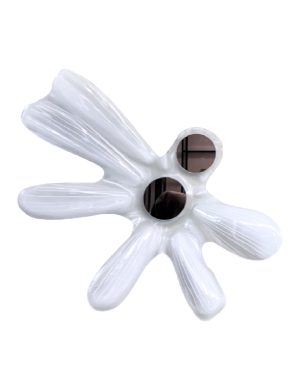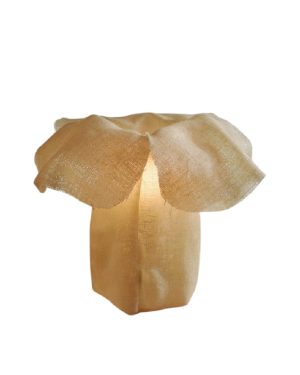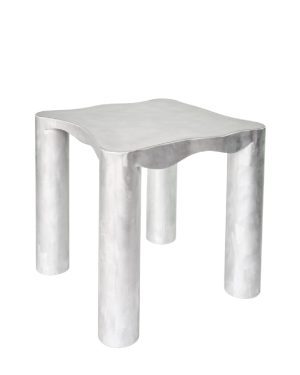Swiss design embodies precision, functionality, and innovation, integrating traditional craftsmanship with cutting-edge technology to create timeless and elegant creations.
- Cultural Fusion: Drawing inspiration from Switzerland's stunning landscapes, engineering prowess, and commitment to excellence.
- Functional Aesthetics: Form follows function in Swiss design, resulting in products that are both visually appealing and highly practical.
- Minimalist Sensibility: Embracing simplicity and clean lines, Swiss design often favors minimalist aesthetics that emphasize clarity and elegance.
Leading Swiss Designers
Switzerland is home to talented designers who have made significant contributions to the global design scene, shaping the landscape with their creativity and vision.
- Vincent Mazenauer: Celebrated for his precision-engineered luxury designs that harmoniously blend historical techniques with contemporary aesthetics, all while prioritizing ethical production practices across Europe
- ZANAMIZO: Embodies the essence of craftsmanship and functional art. The brand name, "Za na mizo," aptly translates to "for the table" in Slovene, encapsulating the brand's dedication to enhancing dining experiences.
- Hot Wire Extensions: Known for innovative design solutions, Fabio Hendry's Hot Wire Extensions revolutionizes manufacturing processes with a focus on sustainability and material innovation.
Materials in Swiss Design
Swiss designers often utilize a diverse range of materials to achieve their distinctive aesthetic:
- Stainless Steel: Known for its durability and sleek appearance, commonly used in furniture and product design.
- Wood: High-quality woods such as oak, walnut, and maple are favored for their natural beauty and versatility in furniture making.
- Glass: Swiss designers excel in glasswork, using techniques like blown glass and fused glass to create stunning decorative and functional pieces.
Distinctive Features of Swiss Design
Swiss design is characterized by precision, functionality, and a strong commitment to quality craftsmanship, resulting in products that are both visually striking and highly practical.
- Precision Engineering: Swiss designers are renowned for their meticulous attention to detail and commitment to quality craftsmanship.
- Functional Aesthetics: Form follows function in Swiss design, resulting in products that are both visually appealing and highly practical.
- Minimalist Sensibility: Embracing simplicity and clean lines, Swiss design often favors minimalist aesthetics that emphasize clarity and elegance.
- Sustainable Practices: With a focus on environmental responsibility, Swiss designers prioritize sustainable materials and production methods to minimize their ecological footprint.
Influences on Swiss Design
Swiss design is influenced by a myriad of factors, including history, culture, nature, and contemporary trends, resulting in a diverse and dynamic design landscape.
- Historical Legacy: Drawing inspiration from Switzerland's rich architectural heritage and artistic traditions.
- Natural Beauty: Reflecting the stunning landscapes and diverse ecosystems found across Switzerland.
- Contemporary Trends: Responding to global influences and evolving consumer preferences to create innovative and relevant designs.

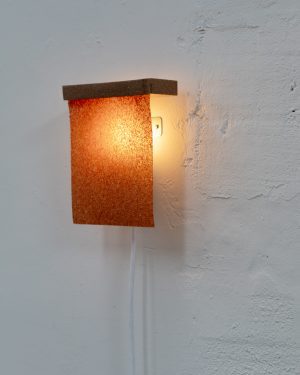 In stock
In stock


 In stock
In stock
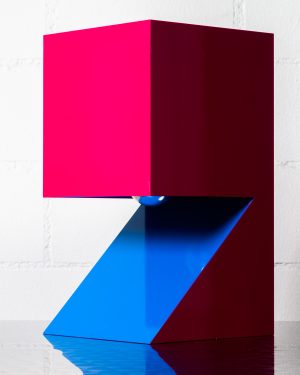

 In stock
In stock


 In stock
In stock




 In stock
In stock


 In stock
In stock






 In stock
In stock

